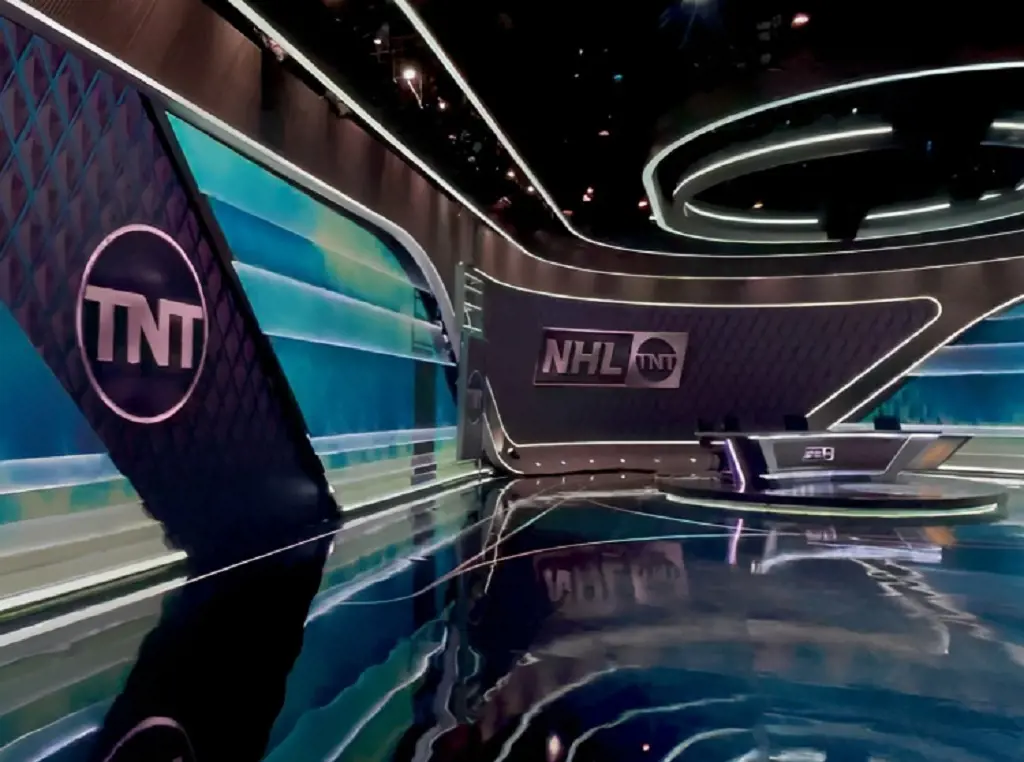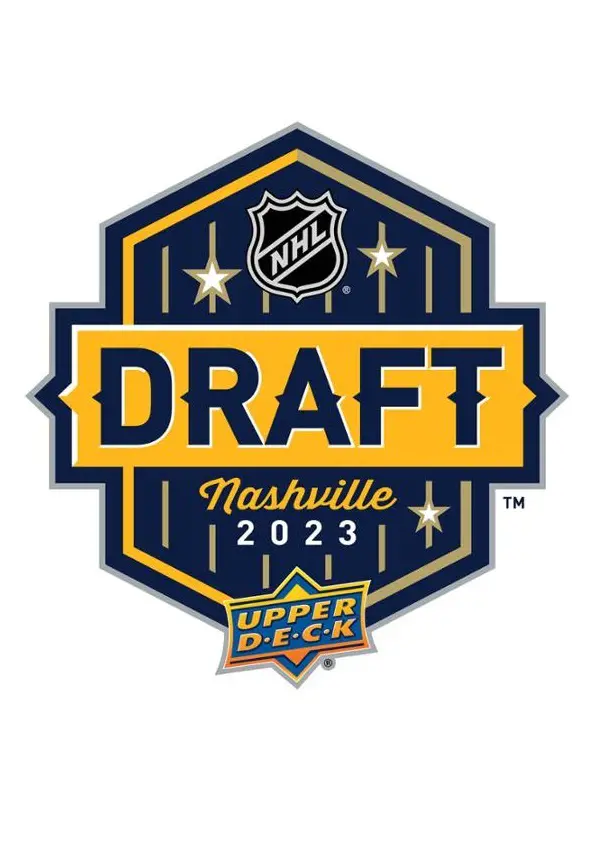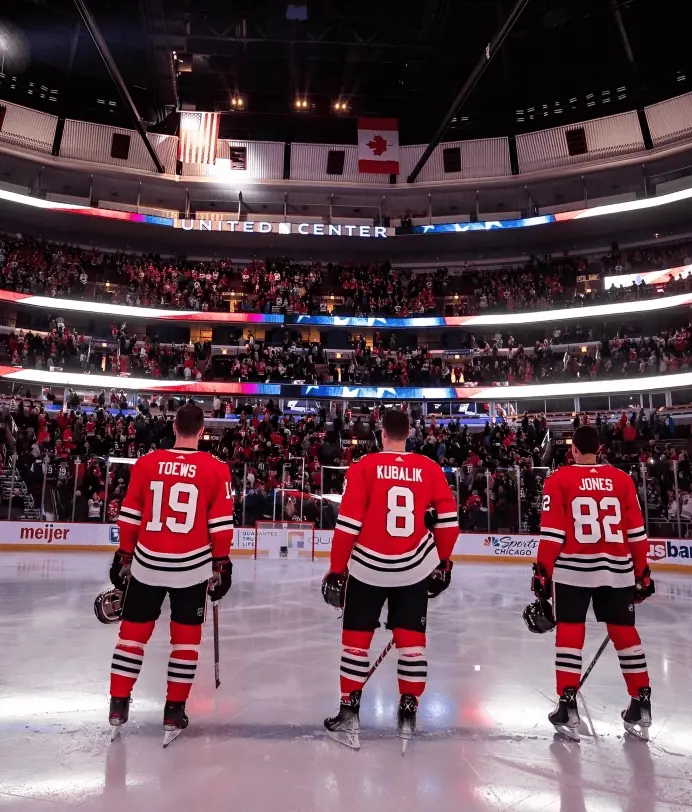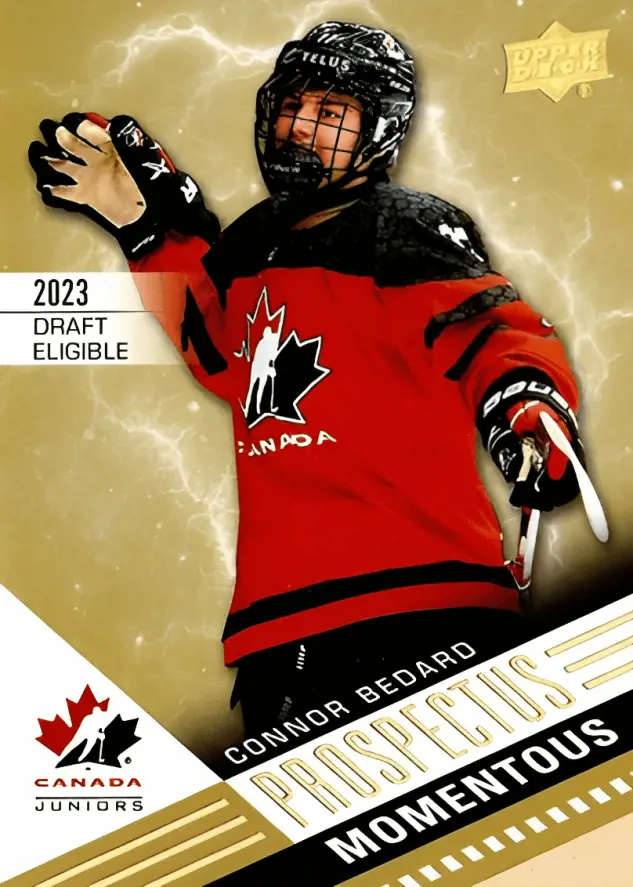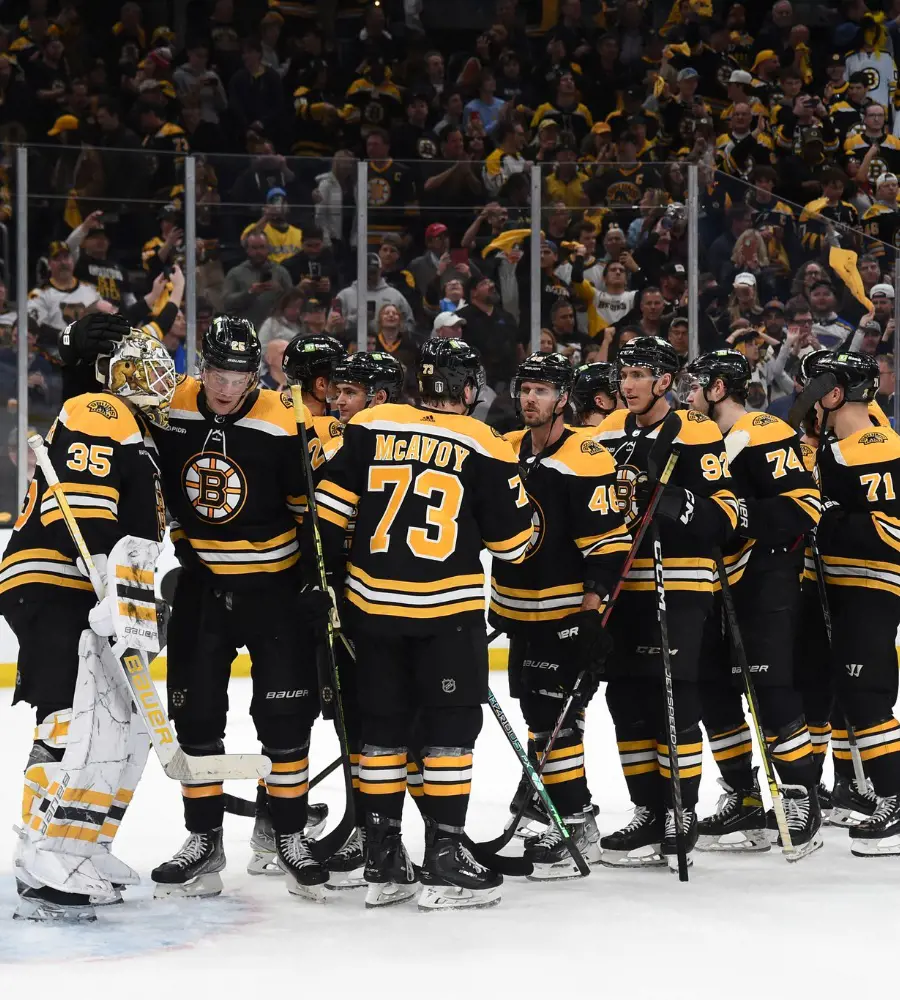Stanley Cup Final home ice advantage is given to the team with a better regular season record. Western Conference has the higher seed in 2023.
The Stanley Cup Finals represent the pinnacle of professional ice hockey, where the top two teams from the National Hockey League (NHL) compete for the coveted Stanley Cup trophy.
One crucial factor in this high-stakes series is the concept of home-ice advantage. The team with home-ice advantage enjoys playing most of the games on their home rink.
This advantage includes familiar surroundings, enthusiastic home fans, and the ability to dictate line changes and match-ups. Additionally, the Stanley Cup final match follows a best-of-seven series format, meaning the first team to win four games claims the championship.
NHL fans are holding tight as the thrilling conclusion of the highly anticipated 2023 Stanley Cup playoffs, where a new champion is about to be crowned.
Stanley Cup Final Home Ice Explained
The Home-ice advantage plays a crucial role in the Stanley Cup playoffs. The team with the highest ranking gets the privilege of home ice during the first two rounds of the playoffs.
However, regarding the Conference Finals and the Stanley Cup Final, home-ice advantage is granted to the team with the superior regular-season performance, regardless of their final position within their divisions.
In the initial two rounds of the playoffs, the team with a higher seed enjoys the home-ice advantage, irrespective of their point record. According to The Athletic, the home-ice advantage has ranged between 52 to 57 percent since 2008 during the regular season.

Moreover, having a home-ice advantage provides teams with the advantage of making the final line changes, allowing the head coach to strategically match lines and determine favorable matchups, as reported by Bleacher Report.
The Colorado Avalanche had the home-ice advantage in the Finals against the Tampa Bay Lightning in the 2022 Stanley Cup playoffs.
In contrast, for the 2023 Stanley Cup Finals, the Western Conference champion will have the home-ice advantage based on a better regular season record. The playoffs commenced on April 17, 2023, and the Final is scheduled for June 3, 2023.
Is The Stanley Cup Final Best of 7?
Yes, the Stanley Cup Final is a best-of-seven series in the National Hockey League (NHL). The team with the most wins after seven games will be crowned the Stanley Cup champion.
Each round of the playoffs includes a best-of-seven series, implying that up to seven games are played until one team emerges victorious by winning four.
The NHL playoffs commence with 16 teams participating in a series of elimination rounds within their respective conferences. Following the qualifying rounds, the remaining teams enter the conference playoffs.
Within each conference, the remaining teams engage in intense best-of-seven series. The winners of these series progress to the highly anticipated Stanley Cup Final.

The Stanley Cup Final format serves as the ultimate championship series of the NHL. It showcases the two conference champions battling it out in a best-of-seven series to determine the ultimate victor and winner of the prestigious Stanley Cup.
With home ice advantage, The Stanley Cup will be in a 2-2-1-1-1 format, where the first two games will be in the team's home arena, followed by the other two at the opposing team arena.
This alternating pattern continues for the remaining games if necessary.
Emerging triumphant in the Stanley Cup Final involves securing victory in four of the seven games. The team that achieves this feat is awarded the illustrious Stanley Cup and proudly declared the NHL champion for that particular season.
Stanley Cup Final Schedule 2023
The Stanley Cup Final is scheduled to begin on 8th June 2023. The last game of the series Game 7 is expected to end on June 18.
The highly anticipated Stanley Cup playoffs are reaching their climactic conclusion, with the final rounds set to commence after the completion of the Conference Finals matches.
Currently, there are still three to four matches remaining, with the last one scheduled for June 1, 2023, featuring the Golden Knights against the Dallas Stars.

Technically speaking, considering the expected start date of the Stanley Cup Finals, there is a six-day gap remaining before the ultimate showdown of the NHL 2023 season and the crowning of the next champion.
In the context of the 2022 Stanley Cup Finals, the matchup between the Colorado Avalanche and the Tampa Bay Lightning began on June 16, four days after the conclusion of the Conference Finals.
Amid this, the Dallas Stars and Vegas Golden Knights played a best-of-7 series in the Western Conference Final of the 2023 Stanley Cup Playoffs. The Stars won Game 3 of the series on May 23, 2023, at American Airlines Center in Dallas.
Where To Watch Stanley Cup Final?
Fans have multiple options to watch the Stanley Cup Finals, including popular channels like ESPN, ABC, TNT, TBS, ESPN 2, SNW, and SportsNet.
In Canada, Sportsnet and CBC Television have consistently broadcast the Stanley Cup Finals in English for the past nine years, while TVA Sports covers the French-language broadcast. Additionally, the series is available for streaming on Sportsnet Now.
The series will be televised on TNT in the United States for the first time. This is also a significant moment as it marks the return of every Cup Finals game aired on cable television since 1994.
Furthermore, this year is the second installment of a seven-year agreement, where the network alternates with ABC to broadcast the Finals in odd years.

The initial television broadcast of the Stanley Cup Finals took place in 1953. The Canadian Broadcasting Corporation (CBC) aired the coverage in English, featuring Danny Gallivan as the play-by-play commentator, Keith Dancy providing color commentary, and Wes McKnight as the host.
Gallivan concluded his championship series commentary in 1978. CBC's Hockey Night in Canada remains the exclusive English-language broadcaster throughout Canada.
However, there were a few objections, such as in 1972, when a prolonged NABET strike resulted in coverage being aired on CTV, and from 1985 to 1988, when the series was divided between CBC and CTV or Global TV.
Since 2015, Rogers Media has produced the broadcast under a sub-license agreement, with a simulcast on Sportsnet beginning in 2017.

